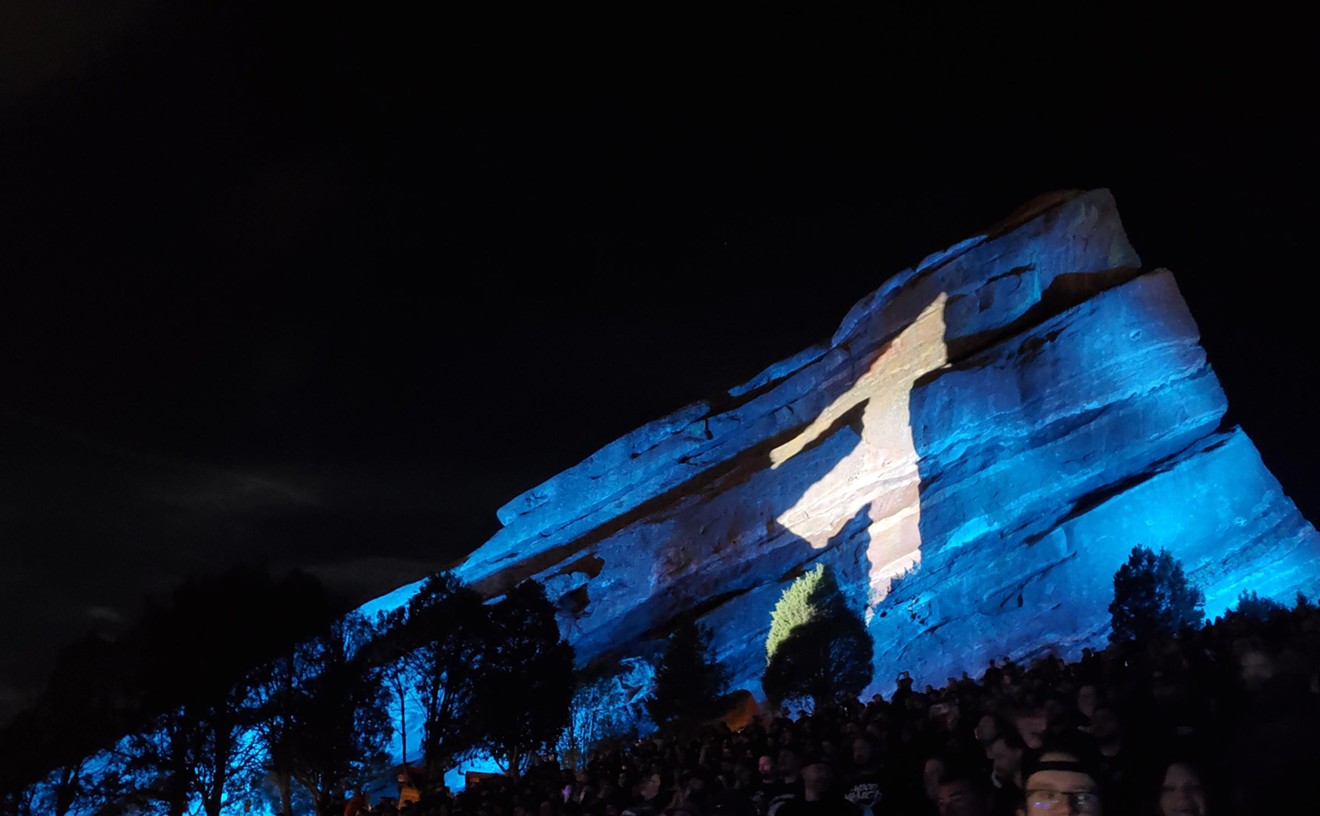Pop culture incrementally improved the chances that books would outlive CDs when news spread that Lil Wayne had inked a deal to write a memoir about the eight months he spent locked up on gun charges. Titled Gone 'Til November, the book is scheduled to be released in May. While the hip-hop blogosphere closely followed incidents like the confiscation of Weezy's iPod while he was still locked up, the book is being pushed as a tell all about the rapper's harrowing experiences -- because hopefully there's something more than just the iPod story and it's less graphic than the second season of OZ.
See also: - The ten best music books of 2012 - The Man Who Sold the World is the closest thing to a definitive David Bowie chronicle - The 50 worst rock/pop lyrics: The complete list
Wayne's not the first in the music world to turn a stay in the pokey into prose. Plenty of musicians before him cooled their heels in the clink and went on to spin literary gold in autobiographies. Step aside Dostoevsky, some of them even used jail as a de facto writer's residency. The Dewey decimal system might not have a specific designation for musicians' prison stories yet, but soon there will be too many to ignore. To help you sift through the stacks -- or round out your summer reading list -- here's a few of the Renaissance men who've conquered music, done time and then gone on to write about it.
5. Cash: The Autobiography by Johnny Cash There are few artists more often associated with prisons than Johnny Cash, whether it was concerts at Folsom and San Quentin, or doing a bid for a picking flowers in Starkville, Mississippi. He immortalized the tiny town in the song "Starkville City Jail" and its citizens honored him 42 years later with a posthumous pardon of the charges and an annual flower picking festival that bears his name. Although Cash published another memoir in 1986, The Man in Black, outlining his early successes along with his struggles with amphetamines. Cash's later attempt at the story of his life, the autobiography published in 2003, is more comprehensive than its predecessors.Follow @Westword_Music










